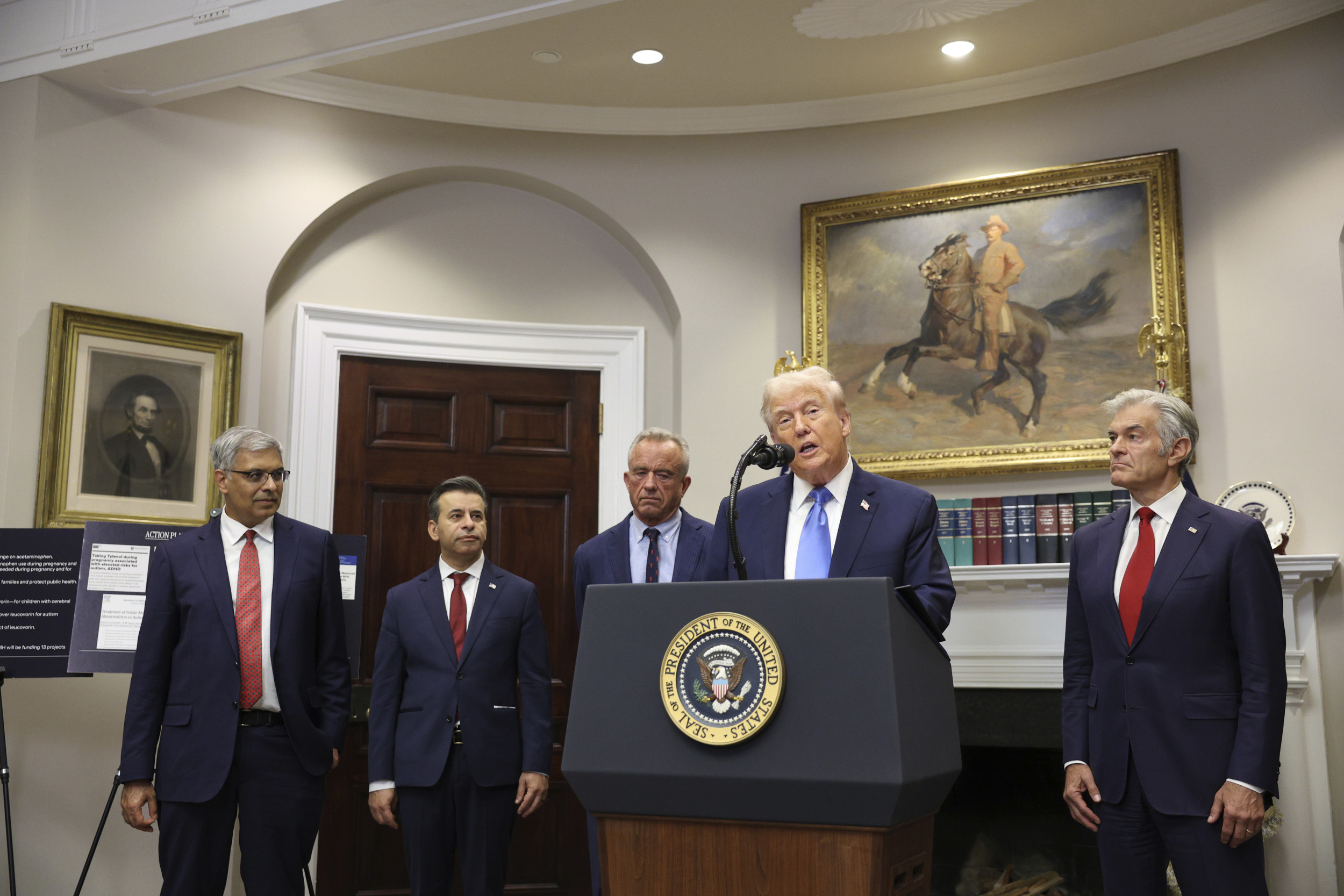
Russia and China are siding with Iran against European threats to reinstate sanctions against Tehran under a United Nations Security Council resolution—a step the U.K., Germany and France have warned that they may take if nuclear talks fail before an upcoming deadline.
Newsweek has reached out to the European Commission and the U.S. State Department for comment.
Why It Matters
The so-called “snapback” clause of U.N. Security Council resolution 2231 could once again place Iran under stringent sanctions for failing to comply with the nuclear enrichment levels dictated by the Joint Comprehensive Plan of Action, the 2015 nuclear deal President Donald Trump quit in 2018.
If China and Russia refuse to recognize the mechanism, or move to block its enforcement, the West’s ability to compel Iran via diplomacy would be greatly undermined.
The resulting lack of sanctions could further weakening Europe’s leverage and influence, increase Tehran’s dependence on Moscow and Beijing, and raise the possibility that the United States reaches for a military solution to the long-running disagreement—Iran has already signaled to America that it would consider illegitimate any attempt to reinstate sanctions through the snapback mechanism.

Iranian Army Office / AFP/Getty Images
What To Know
Mikhail Ulyanov, Russia’s top envoy to the international organizations in Vienna, said the three European powers, sometimes known as the E3, were attempting to “blackmail” and “threaten” Iran into submission via their end of August deadline, according to a post on X.
Moscow’s opposition to the E3’s sanctions option echoed that of China on Friday, when Chinese Foreign Ministry spokesperson Lin Jian said the snapback mechanism “does not help parties build trust and bridge differences and is not conducive to the diplomatic effort for the early resumption of talks.”
The backing has given Iran further momentum to publicly push back against Western pressure ahead of the JCPOA agreement’s expiration in mid-October. This week, Iran’s Deputy Foreign Minister Kazem Gharibabadi said he had met with Chinese and Russian diplomats on Tuesday to discuss “joint measures to counter the destructive approach” of the E3.
After no progress was made at an Iran-E3 meeting in Istanbul in July, the three powers told the U.N. this month: “We have made clear that if Iran is not willing to reach a diplomatic solution…or does not seize the opportunity of an extension, E3 are prepared to trigger the snapback mechanism.”
Iranian officials have said the country’s economy could withstand further sanctions if talks fall through.
What People Are Saying
Russian Permanent Representative to International Organizations in Vienna Mikhail Ulyanov said Wednesday on X: “In other words, an attempt by #E3 to trigger #SnapBack despite their own non-compliance would contradict the fundamental principles of international law.”
Iranian Deputy Foreign Minister Kazem Gharibabadi said Tuesday on X: “All three countries believe that Resolution 2231 should be terminated at its designated time, and these countries legally have no right to trigger the snapback mechanism and are opposed to reinstating Security Council resolutions.”
Chinese Foreign Ministry spokesperson Lin Jian said Friday at a regular press briefing: “Any moves taken by the Security Council now should help reach new agreements in talks, instead of the opposite.”
What Happens Next
The E3 have set the end of August as the deadline to trigger the U.N.’s snapback mechanism if nuclear talks with Iran do not proceed positively.




